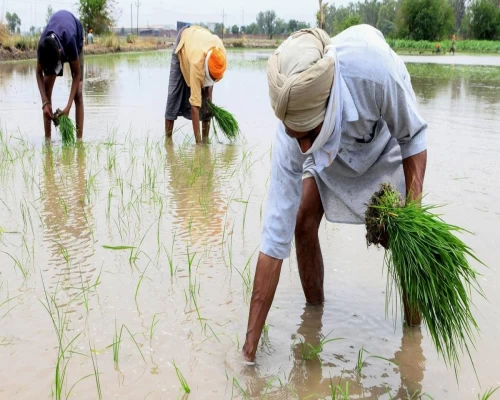
New Delhi: The 75th year of Independence is a time to introspect, work and live for the nation in line with the vision highlighted by our forefathers. December 15 marks the death anniversary of the great ‘unifier of the nation,’ Sardar Vallabhbhai. The people of India will remain forever indebted to him for his leadership during the freedom struggle and his vision, wisdom, and statesmanship in the post-Independence era.
Patel began his public life as a municipal councilor in Ahmedabad and went on to become the Home Minister and Deputy Prime Minister of India. He had a granular understanding of the various stakeholders in governance and administration and their relevance, roles, and responsibilities. His steadfast approach while handling the complexities of the country made him a responsible voice of the masses. He actively strengthened the freedom struggle by mobilizing people to fly the national flag at public places in 1922-23.
The non-violent Bardoli Satyagraha turned out to be a matchless victory for peasants against the mighty British Empire. His role in it led women to bestow him with the title of ‘Sardar.’ As an uncompromising disciplinarian and advocate for unity, he made remarkable contributions to the 1937 provincial elections, individual Satyagraha, the Quit India Movement. For this, he spent considerable time in prison. As chairman of the Advisory Committee on Fundamental Rights, Minorities and Tribal and Excluded Areas of the Constituent Assembly, Patel piloted important sections in the Constitution related to fundamental and minority rights. He even emphasized that rights and duties are two sides of the same coin.
His meticulous handling of the integration of the princely states in a short time bears testimony to his zeal and steadfastness. Patel’s diplomatic maneuvers secured the ‘accession’ of princely states and provided shape to the nation, bringing these areas in line with the constitutional framework. The internal power struggles and sheer lack of democratic values in the Congress were visible while choosing the first Prime Minister of Independent India. It is pertinent to note that 12 out of 15 Congress Committees preferred Patel as leader. Nevertheless, Nehru was selected Prime Minister at this crucial juncture.
Sardar Patel’s letter to Nehru on November 7, 1950, clearly highlights his vigorous criticism of Nehru’s handling of Tibet, China, and Kashmir. Nehru’s orientation resulted in the India-China and India-Pakistan wars in later years. The 41-year delay in posthumously awarded the Bharat Ratna to Sardar Patel is another matter that underlines the Congress’s reluctance in giving Patel the credit he deserves as a nation builder. He was denied his due thanks to Nehruvian and leftist historians.
In addition to taking on the mammoth task of unification, the ‘Iron Man’ of India was instrumental in strengthening the steel frame of India — the All India Services. In November 1947, he decided to culturally connect the shared heritage and ethos of Indians by reconstructing the demolished Somnath temple that would depict the story of India’s resurgence, the victory of construction over destruction. The current government, under the visionary leadership of Prime Minister Narendra Modi has undertaken several initiatives in line with Patel’s ideals and example. The ‘Steel Frame’ of India is being further strengthened to prepare future-ready civil servants through Mission Karma Yogi. This capacity-building programme aims to overcome the challenges of a technologically-connected world, facilitate ease of living for citizens, provide the best governance, and make India’s the world’s best civil services.
The repeal of Article 370 was a well-thought-out move of the Modi government to correct a historic blunder. The government is also fulfilling Patel’s dream with the overall development of Somnath, apart from making the temple complex more attractive. On Patel’s 143rd birth anniversary, the Statue of Unity, the tallest statue of the world, was dedicated to the nation. From 2014 onwards, his birth anniversary, October 31, is observed as ‘National Unity Day.’ The Ek Bharat Shreshtha Bharat initiative further strengthens the sustained and structured cultural connection between different regions.
It is worth realizing that the society we inherit owes everything to our forefathers. They worked hard to institutionalize the framework that empowers individuals to grow, attain their potential and scale new heights for the nation as a whole. As a part of the ongoing Azadi Ka Amrit Mahotsav, the death anniversary of Sardar Patel is an opportune moment to pay homage to the supreme sacrifices of the countless known and unknown individuals who made this possible, and pledge to achieve the goal of building a New India as a tribute to them. /PIB/
(The writer is Union Minister of State for Parliamentary Affairs and Culture)


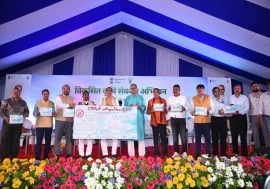
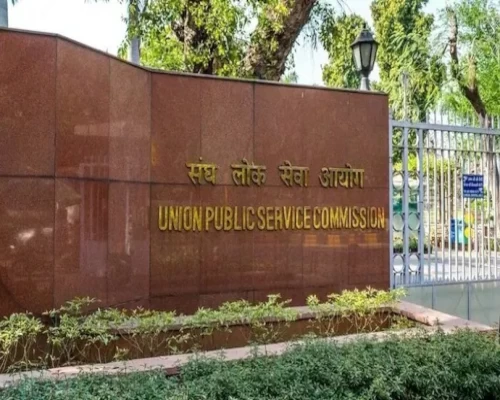


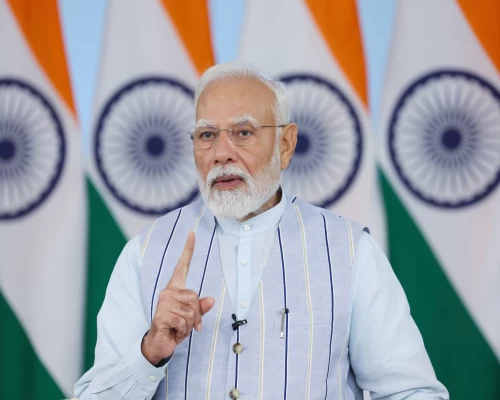
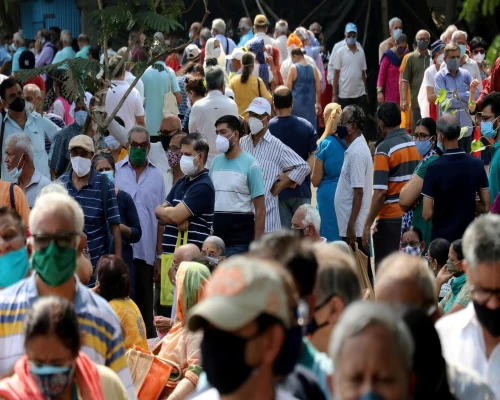

 (13)_500_x_400.webp)
